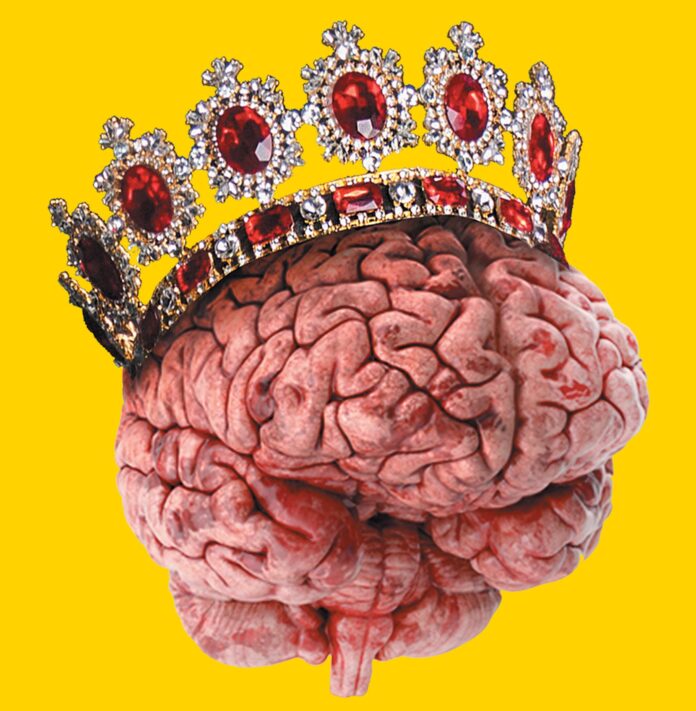Throughout history, women have made invaluable contributions to various fields, despite the societal barriers they faced. From science to literature, women have left an indelible mark with their intellect, creativity, and sheer determination. Here are the 10 smartest women of all time who have left an enduring legacy in their respective fields.
- Marie Curie (1867-1934) Marie Curie was a physicist and chemist who made groundbreaking discoveries in radioactivity. She was the first woman to be awarded a Nobel Prize, and the first person to win two Nobel Prizes in different fields (Physics and Chemistry). Curie’s research led to the development of X-rays, and her pioneering work in the field of radioactivity laid the foundation for modern nuclear physics.
- Ada Lovelace (1815-1852) Ada Lovelace was a mathematician and writer who is credited with writing the first computer program in history. She collaborated with Charles Babbage, an inventor who created the concept of a programmable computer, and wrote an algorithm for his Analytical Engine. Lovelace’s work in computer science has been recognized as a visionary insight into the potential of computers.
- Hypatia (c. 350-415 AD) Hypatia was an ancient Greek philosopher, astronomer, and mathematician. She was the head of the Neoplatonic School in Alexandria and made significant contributions to mathematics and astronomy. Hypatia’s teachings and influence were crucial in the development of early scientific thought, and she remains an inspiration to women in science and philosophy.
- Emmy Noether (1882-1935) Emmy Noether was a mathematician who developed the theory of abstract algebra. Her work in the field of algebraic invariants and the generalization of Noether’s theorem has been widely recognized as one of the most important contributions to modern physics. Despite facing discrimination as a woman in academia, Noether’s work revolutionized the field of mathematics and laid the foundation for many future discoveries.
- Virginia Woolf (1882-1941) Virginia Woolf was a British writer and feminist who is regarded as one of the most important modernist writers of the 20th century. Her novels, including Mrs. Dalloway and To the Lighthouse, explored the complexities of human experience and revolutionized the way literature was written. Woolf’s intellectual and literary contributions continue to influence the literary world today.
- Rosalind Franklin (1920-1958) Rosalind Franklin was a biophysicist who contributed significantly to the discovery of the structure of DNA. Franklin’s X-ray crystallography work provided crucial evidence for the double helix structure of DNA. Despite being overlooked by her male colleagues, Franklin’s contribution to the field of genetics has been widely recognized as crucial to the development of modern molecular biology.
- Grace Hopper (1906-1992) Grace Hopper was a computer scientist and naval officer who developed the first compiler for a computer programming language. Hopper’s work on computer languages and compilers has had a lasting impact on the field of computer science. She was also a pioneer in advocating for the use of English words in programming languages, which has led to the development of modern programming languages that are easier to use and understand.
- Margaret Mead (1901-1978) Margaret Mead was a cultural anthropologist who made significant contributions to the study of human cultures and societies. Mead’s research in the South Pacific and New Guinea revolutionized the study of anthropology and challenged societal norms about gender and sexuality. Her work has had a profound impact on the study of human behavior and continues to inspire anthropologists and social scientists to this day.
- Wangari Maathai (1940-2011) Wangari Maathai was an environmental and political activist who was the first African woman to win the Nobel Peace Prize. She founded the Green Belt Movement, an organization that promoted tree planting and environmental conservation. Maathai’s activism and leadership were instrumental in the fight for democracy and sustainable development in Kenya, and her work has inspired environmentalists and human rights activists around the world.
- Hypatia of Alexandria (370-415 AD) Hypatia of Alexandria was a philosopher, mathematician, and astronomer who was the head of the Platonist school in Alexandria. She made significant contributions to the fields of mathematics and astronomy, and her teachings influenced the development of early scientific thought. Hypatia’s intellectual and philosophical legacy has had a lasting impact on the fields of science and philosophy, and she remains an inspiration to women in these fields.
In conclusion, these 10 smartest women of all time have made invaluable contributions to science, literature, and history, and their legacy continues to inspire future generations. Despite facing societal barriers, these women pursued their passions with determination and made groundbreaking discoveries that have changed the world. They have left an indelible mark on their respective fields and serve as a reminder of the limitless potential of the human mind.
Photo by Gaspar Uhas on Unsplash
Views: 54






